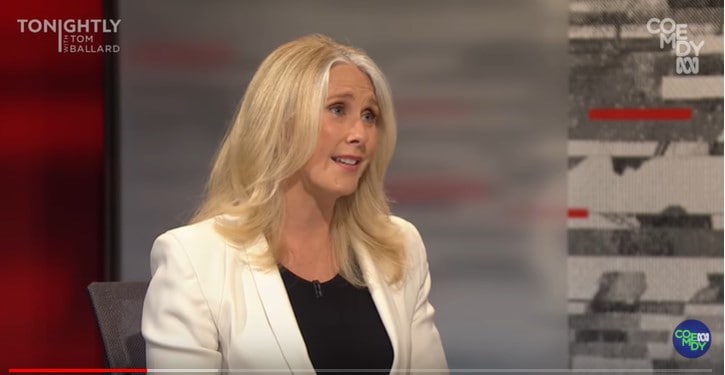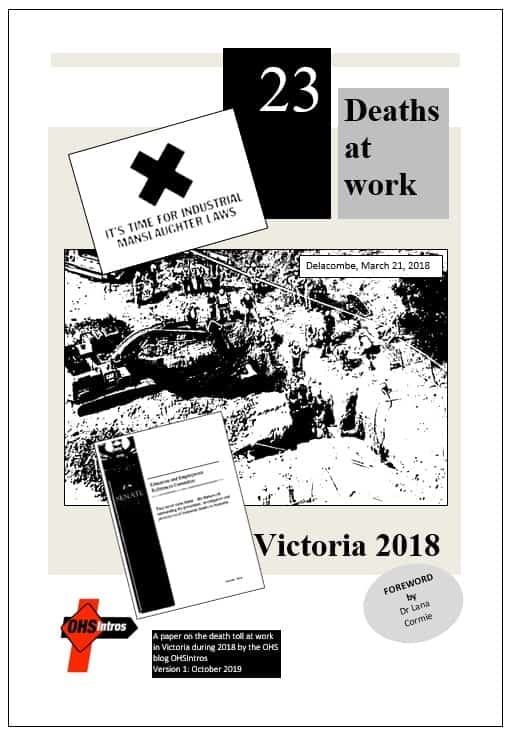Tracey Spicer has been a very public face of the campaign against sexual harassment in Australian workplaces. She, and her campaign, has not been without controversy but recently Spicer presented a three-part documentary on the issue. In Episode 2, the viewers heard, all too briefly, from Dr Rebecca Michalak about the occupational health and safety (OHS) context of sexual harassment.
Category: mental-health
Reduce deaths and injuries to achieve a sustainable industry
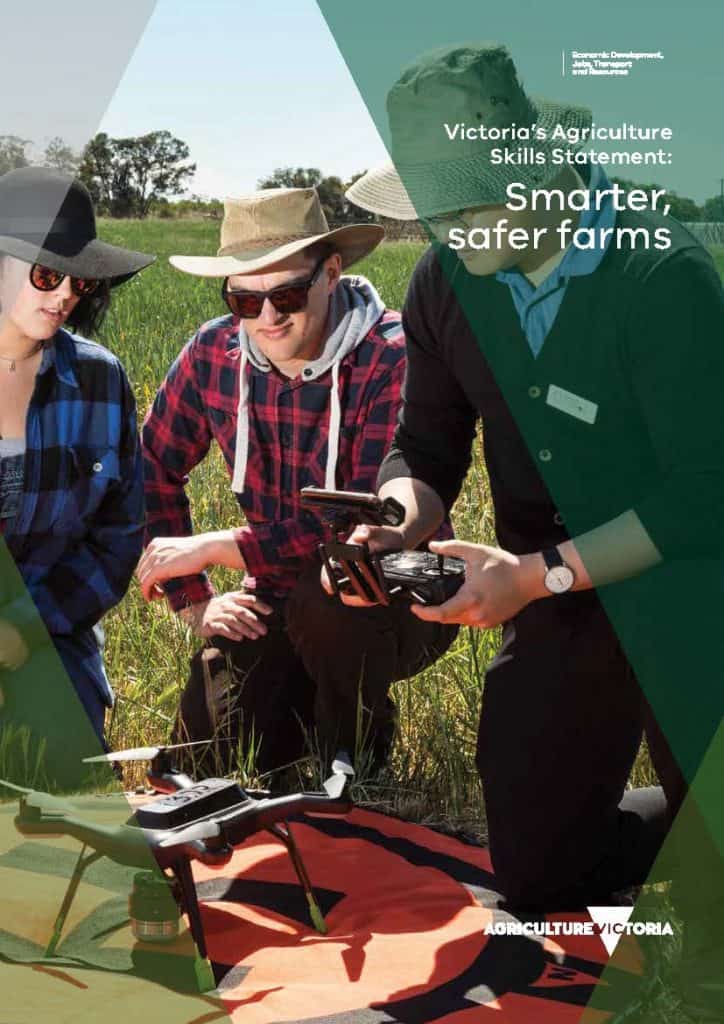
Agriculture is one of the most dangerous workplaces in Australia and other countries. This reality is supported by many statistics and over a long time.
Agriculture is, perhaps, at the forefront of changing production methods to ensure sustainability in a world that is changing in ways that no farmers have had to face in the past. Agriculture therefore needs to be both a safe and a sustainable industry.
So why is workplace health and safety not being given a top priority in the Victorian Government’s Smart Farms program?
Focus on the hoops and not the holes
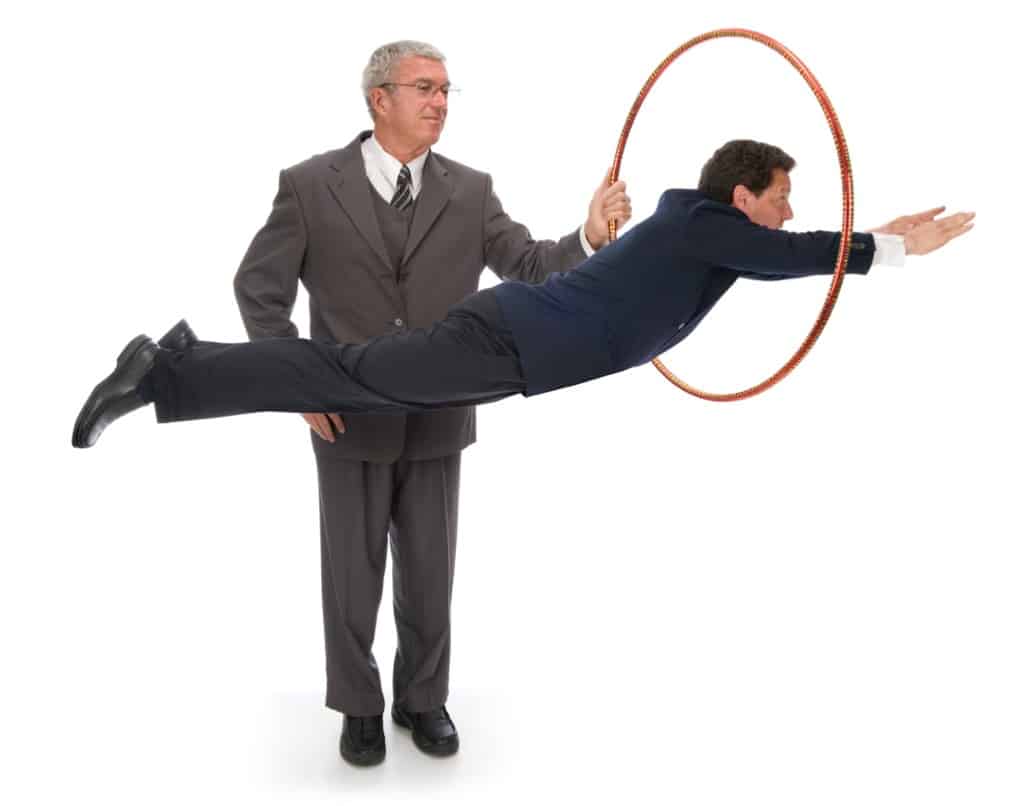
There is a confluence of investigations into mental health and suicides in Australia at the moment, and most of them overlap with occupational health and safety (OHS). Each of these increases the understanding of the relationship between work and mental health but no one seems to be connecting the threads into a cohesive case. This article doesn’t either, by itself, but hopefully the threads of the issues are identified through the themes of various SafetyAtWorkBlog articles.
Recently Tim Quilty of the Liberal Democratic Party addressed the issue of suicide in relation to his contribution to the debate on Industrial Manslaughter (IM) laws in the Victorian Parliament. His assertions seem a little naïve:
Paper provides historical context to OHS laws
Barry Naismith of OHSIntros has provided excellent independent analysis of Victoria’s occupational health and safety (OHS) data for many years. His latest “Deaths at Work” report (available publicly for a limited time) includes a detailed discussion on the social context of Victoria’s proposed Industrial Manslaughter (IM) laws.
But of more immediate interest is Naismith’s longitudinal analysis. One of his graphs showing death statistics back to the commencement of Victoria’s modern-era OHS laws in 1985 supports the statement popular with politicians that the rate of work-related deaths is declining over that time but Naismith points out that the five-year trend to 2018 is reversed and that this is part of the justification for the IM Laws.
Farm suicides and prevention

In a submission to the Australian Government’s inquiry into the future of work, the McKell Institute dips into Safe Work Australia’s latest statistical data and reveals a few occupational health and safety (OHS) and workers compensation surprises in the area of agriculture. These surprises are substantiated by other occupational health and safety (OHS) data sources.
Recently, SafetyAtWorkBlog chastised Australian government agencies, and politicians, from relying on workers compensation claims data as measurements of OHS rather than having established supplementary and robust sources of data on work-related injuries and illnesses. Such reliable sources would have helped anticipate some of the hazards from new employment structures and re-emerging occupational hazards. The McKell Institute wrote:
Political Science (finally) comes to OHS
Improvement in occupational health and safety (OHS) standards has always been the intention of OHS laws. Parallel to this is the intention of the OHS, and allied, professions to continuously improve health and safety through the prevention of harm. However, political leadership on OHS has been scarce over the last few years, especially in the national governments of the United Kingdom, the United States and Australia. So, it is necessary to look beyond the party politics to other sources of change.
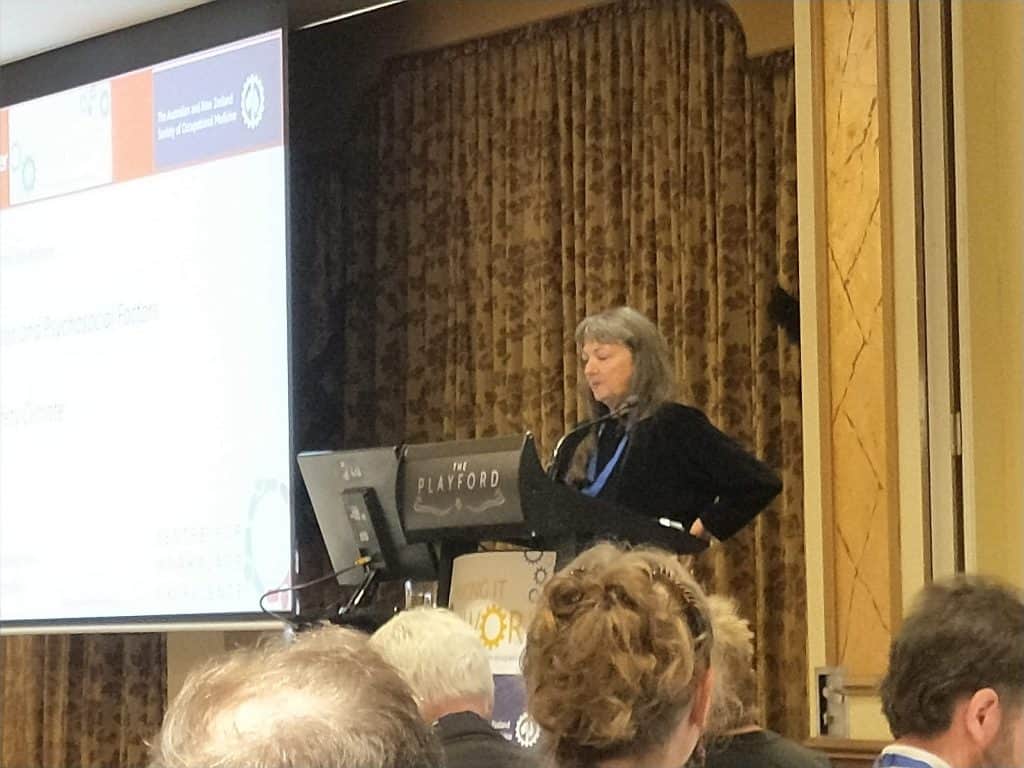
At the recent scientific meeting of the Australia and New Zealand Society of Occupational Medicine in Adelaide, prominent academic, Professor Maureen Dollard, introduced a much- needed element of political science into her presentation which was titled “Work Organisation and Psychosocial Factors”. SafetyAtWorkBlog was able to ask Dollard, and fellow presenter Professor Sally Ferguson, about this political context.
New Zealand leads on wellbeing
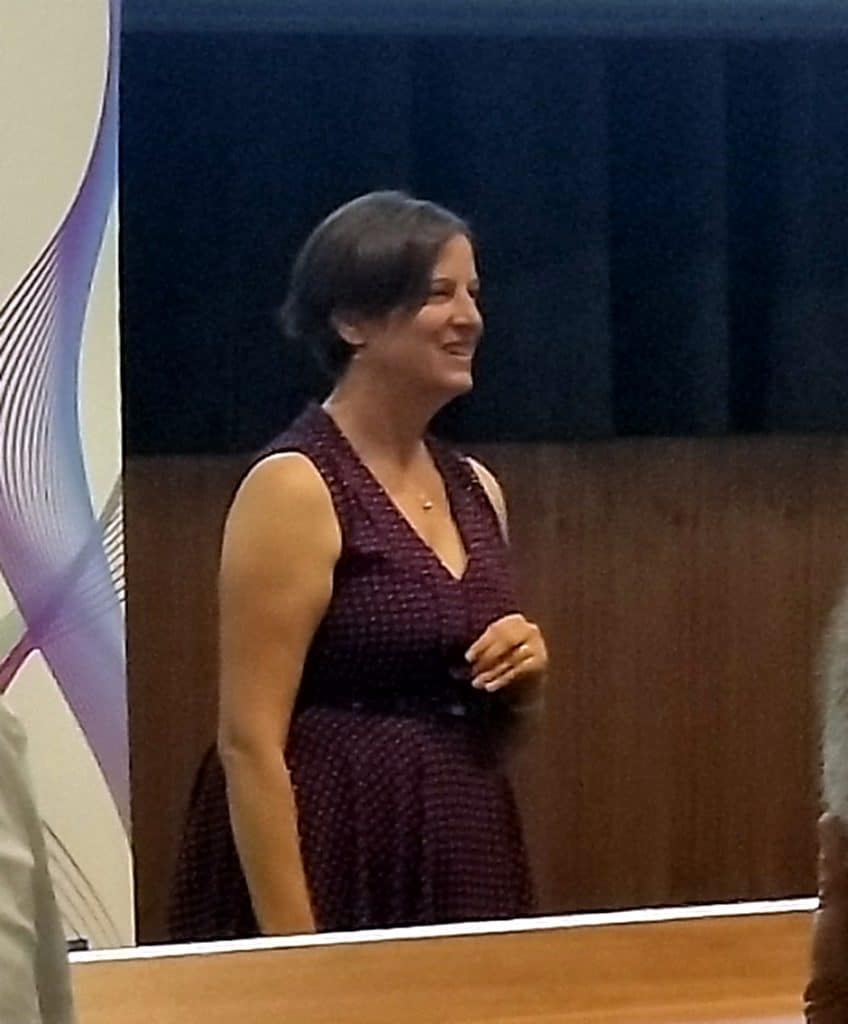
A couple of months ago, SafetyAtWorkBlog mentioned New Zealand’s Wellbeing Budget. Last week a representative of the NZ Treasury, Ruth Shinoda, spoke about it from direct experience in Melbourne at the 7th Global Healthy Workplace Summit. The Wellbeing Budget and a complimentary Living Standard Framework provide important contrasts to how Australia is valuing the healthy and safety of its citizens and workers.

